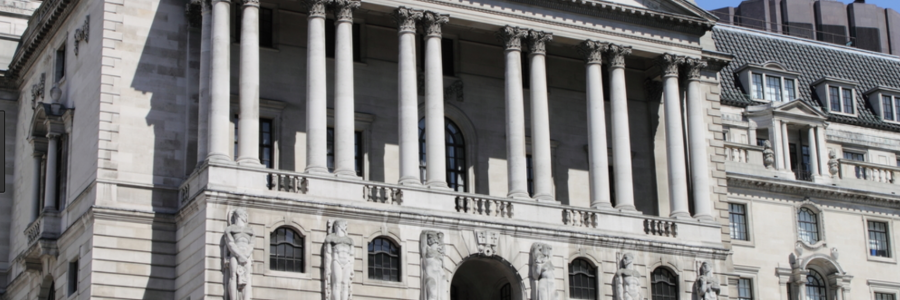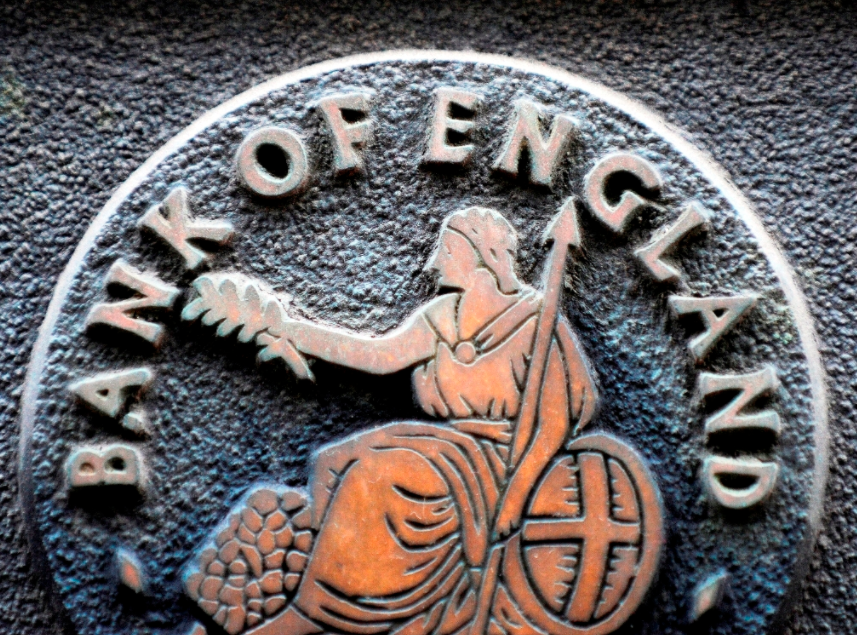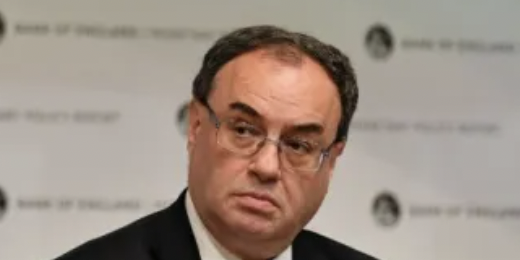
Bank of England moves to calm the markets


Under pressure from its MPs, the government has been forced into a series of embarrassing U-turns since the mini-budgets, including climbing down on a plan to scrap the top rate of income tax. Experts believe that chancellor Kwasi Kwarteng will have to row back on more of his tax cuts or drastically cut public spending.
The Institute of Fiscal Studies ( IFS) think tank warned government departments could see “big and painful cuts” of up to £60bn to balance the books when Mr. Kwarteng announces his economic plan on 31 October.
Sir John Gieve, a former deputy governor for fiscal stability at the Bank of England, said “ the underlying problem was that markets did not believe the government would be able to cut spending enough before its growth measures took effect.
Prime Minister Liz Truss has said the £43bn of promised tax cuts will boost UK economic growth and therefore pay for themselves.
The Bank of England has warned of a “material risk” to financial stability as it made a fresh emergency move to try to calm investors and would buy more government bonds to try to stabilise their price and prevent a sell-off that could put some pension funds at risk of collapse. This is the third time the Bank has had to step in since the government’s mini-budget sparked alarm among investors.
The International Monetary Fund (IMF) said UK prices will rise faster than any other major economy in the next two years. The IMF admitted tax cuts announced by Kwasi Kwarteng would lift economic growth in the short term but the cut would also “ complicate the fight” against the cost-of-living crisis. Its new report revealed that high prices will persist longer in the UK than in many other major economies. Inflation is expected to peak at 11.3 per cent before the end of the Year in the UK, according to IMF’s latest report on the outlook for the global economy and expects price rises will average about 9 per cent far above the Bank of England’s target of 2 per cent. The IMF also said the tax cuts could speed up the pace of price rises, which the UK’s central bank, the Bank of England, is trying to bring down. The UK’s economic growth is projected to grind to a near-halt next year, with the economy expanding only 0.3 per cent.
